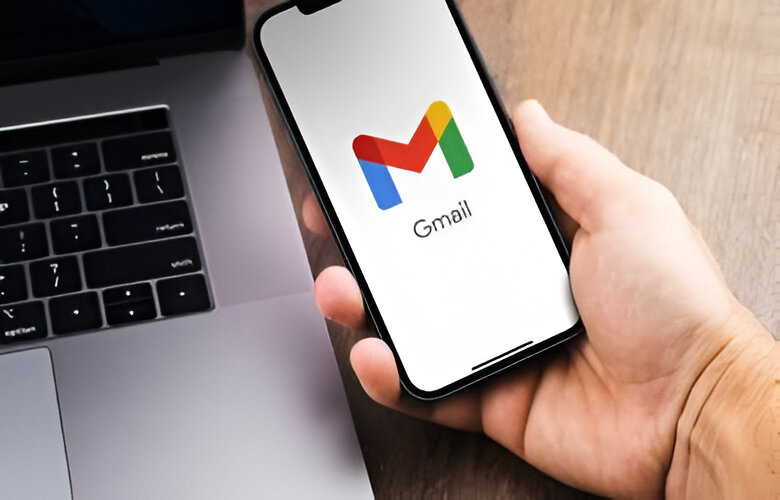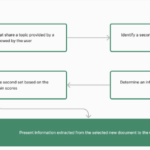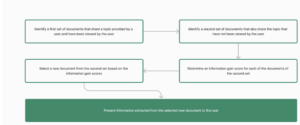In an era where digital communication dominates, ensuring the security and sanctity of our email inboxes is paramount. Gmail, a leading email service provider, is embarking on a mission to fortify its users’ defenses against unwelcome bulk emails. Starting April 2024, Gmail will implement stricter regulations, rejecting an increasing number of mass emails that fail to comply with its newly established guidelines.
Introduction to Gmail’s Enhanced Email Authentication Measures
The digital landscape is ever-evolving, and with it, the tactics employed by spammers and malicious entities become increasingly sophisticated. Recognizing the need to shield its users from such unwanted communications, Gmail has outlined new authentication requirements for those sending mass emails to its service. This initiative, as revealed in a previous Forbes article, aims to cleanse users’ inboxes of unsolicited bulk messages, thereby enhancing their overall email experience.
What Changes Can Senders Expect?
Gmail has made it clear that, come April, a more stringent screening process will be in place. Senders of bulk emails, who traditionally reached Gmail users without significant obstacles, will face message rejections if they fail to adhere to the updated sender guidelines. Google has disclosed that a certain percentage of email traffic not meeting the criteria will be systematically rejected, with this rate escalating progressively. Though specifics on the rejection rate remain undisclosed, Google emphasizes a gradual approach to enforcing these rules.
Furthermore, come June 1, an additional requirement for bulk senders comes into effect— the incorporation of a one-click unsubscribe feature in all commercial and promotional emails. This not only aids in compliance but significantly improves the email management experience for Gmail users.
Scope of the New Gmail Email Guidelines
It’s important to note that these changes primarily affect bulk emails directed at personal Gmail accounts. Specifically, senders dispatching at least 5,000 emails per day to Gmail addresses must now authenticate outgoing emails rigorously and steer clear of distributing unsolicited or unwelcome content. This threshold is calculated based on emails sent from a primary domain, inclusive of any subdomains used.
Enhancing User Trust and Email Security
The crux of these updated requirements revolves around amplifying sender-side security and granting Gmail users greater control over their inboxes. By ensuring that senders are who they claim to be, Gmail significantly reduces the risk posed by phishing attempts, a common exploit among bad actors. From the user’s standpoint, this translates to emails that can be trusted, enhancing their overall security online.
WhatsApp Joins the Fight Against Spam
In related developments, WhatsApp, another communication giant, has escalated its efforts to combat spam messages among its 2.7 billion users. A new feature allows users to block spam directly from the lock screen, preempting the need to interact with the message further. This intuitive approach to combating unsolicited communications underscores the shared commitment of major messaging platforms to safeguard their users.
U.K.’s Proactive Stance Against Fraudulent Calls
Adding to the global effort to combat digital spam and fraud, Virgin Media O2 in the U.K. has partnered with Hiya to introduce an Adaptive AI service aimed at identifying and blocking fraudulent calls. With a significant percentage of unknown calls classified as spam or fraudulent, this initiative promises enhanced security for users, showcasing the continuous evolution of digital communication platforms towards safer, more secure user experiences.
In conclusion, Gmail’s forthcoming policy changes mark a significant step in the ongoing battle against spam and phishing. By enforcing stricter email sender guidelines, Gmail not only enhances the security of its users but also sets a new standard for email communication globally. As we move closer to the 2024 implementation date, both senders and recipients of bulk emails must prepare for a shift towards more secure, authentic, and user-friendly email practices.





















